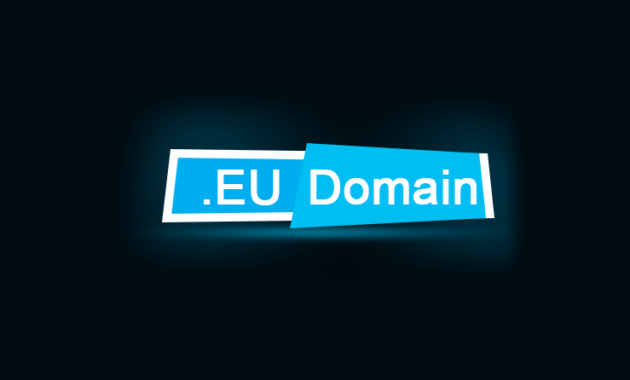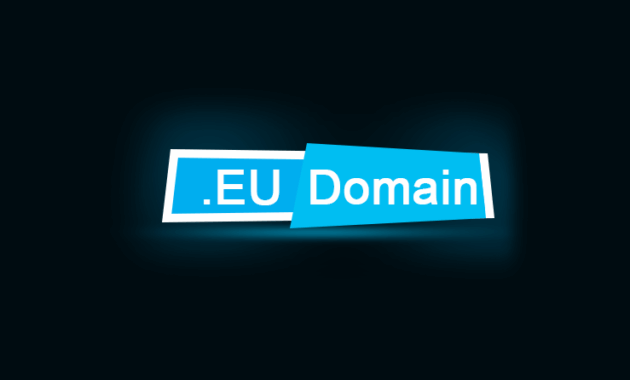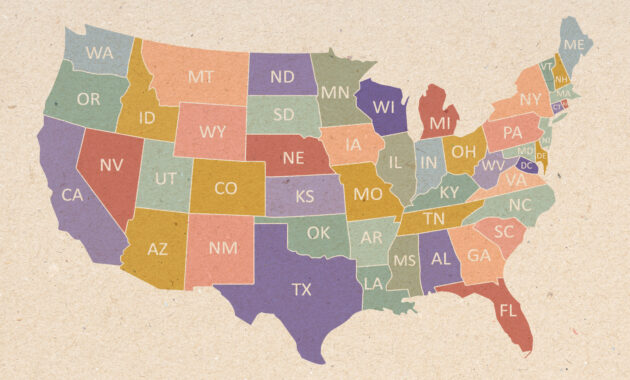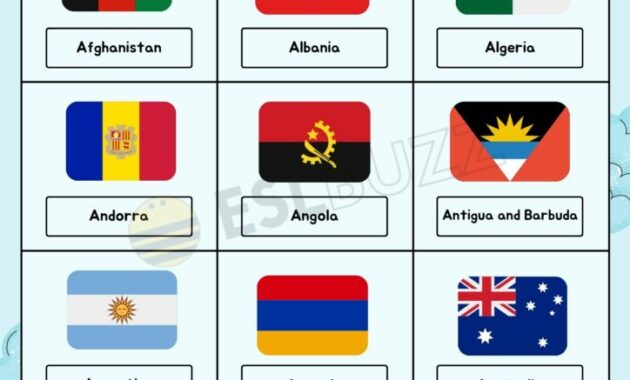The digital landscape is ever-evolving, and understanding the nuances of domain registration, particularly within the European Union, is crucial for businesses and individuals alike. Domain names serve as the cornerstone of online identity, representing a brand, an organization, or a personal presence in the vast expanse of the internet. Among the various domain extensions available, the “.eu” domain holds significant importance for those seeking to establish a strong foothold within the European market.
.eu Domain Registration and its Significance

The “.eu” domain extension is specifically designed for entities with a connection to the European Union. This connection can manifest in several ways, including being a company, organization, or individual residing within the EU. Registering a “.eu” domain offers numerous advantages. First and foremost, it signals a commitment to the European market, fostering trust and credibility among European customers. A “.eu” domain instantly communicates that your business is serious about serving the European audience, which can be a significant differentiator in a competitive market. It also allows you to tap into the collective strength and digital identity associated with the European Union.
Furthermore, a “.eu” domain can improve search engine optimization (SEO) performance within Europe. Search engines often prioritize local domains when users conduct searches within a specific geographic region. Therefore, having a “.eu” domain can increase your visibility in search results for European users, driving more traffic to your website. This localized SEO advantage can be invaluable for businesses targeting a European audience, ensuring that they are found by potential customers who are actively searching for their products or services.
The registration process for a “.eu” domain is relatively straightforward, but it is essential to ensure that you meet the eligibility requirements. As mentioned earlier, registrants must have a connection to the European Union. This requirement ensures that “.eu” domains are primarily used by entities that contribute to the European economy and society. The registration process typically involves selecting a domain name that is available, providing the necessary registration information, and paying the registration fee. Several domain registrars offer “.eu” domain registration services, and it is advisable to choose a reputable registrar with a proven track record.
Beyond the immediate benefits of increased visibility and credibility, a “.eu” domain can also contribute to a broader European brand strategy. By using a “.eu” domain, businesses can align themselves with the values and principles of the European Union, such as innovation, sustainability, and cultural diversity. This alignment can resonate with European consumers who are increasingly conscious of these values. In a world where consumers are more discerning about the brands they support, a “.eu” domain can signal a commitment to responsible business practices and a shared vision for the future.
The Impact of Brexit on .eu Domains

The United Kingdom’s withdrawal from the European Union, commonly known as Brexit, has had significant implications for various aspects of business and society, including domain registration. One of the most pressing concerns for businesses with “.eu” domains was the potential impact on their eligibility to maintain these domains after Brexit. The rules governing “.eu” domain registration require registrants to have a connection to the European Union, and the UK’s departure raised questions about whether UK-based entities would still meet this requirement.
In the immediate aftermath of Brexit, there was uncertainty regarding the fate of “.eu” domains held by UK-based organizations and individuals. However, after a period of transition, the regulations became clearer. As a general rule, UK-based registrants were required to demonstrate an ongoing connection to the European Union in order to maintain their “.eu” domains. This connection could be established through various means, such as having a branch or subsidiary within the EU, or by demonstrating that the domain was being used to provide services or products to EU customers.
For many UK-based businesses, this requirement presented a challenge. Some businesses were forced to transfer their “.eu” domains to entities within the EU, while others chose to let their domains expire. The impact of Brexit on “.eu” domains highlighted the importance of staying informed about regulatory changes and adapting to evolving circumstances. It also underscored the need for businesses to have a comprehensive domain strategy that takes into account potential geopolitical events and their impact on online presence.
Despite the challenges posed by Brexit, the “.eu” domain remains a valuable asset for businesses seeking to target the European market. The European Union continues to be a major economic power, and having a “.eu” domain can provide a significant competitive advantage. Businesses that are committed to serving the European market should carefully consider registering a “.eu” domain, even if they are based outside of the EU. By establishing a clear connection to the European Union, they can build trust with European customers and enhance their online visibility.
In conclusion, the “.eu” domain extension plays a vital role in the European digital landscape. It offers numerous benefits for businesses and individuals seeking to establish a strong presence within the European market. While Brexit has introduced some challenges, the “.eu” domain remains a valuable asset for those who are committed to serving the European audience. By understanding the rules and regulations governing “.eu” domain registration and adapting to evolving circumstances, businesses can leverage the power of the “.eu” domain to achieve their online goals.
Navigating the complexities of domain registration requires a proactive approach, staying informed about regulatory changes, and adopting a comprehensive domain strategy that aligns with your business objectives. Whether you are a European-based company or an international organization targeting the European market, the “.eu” domain can be a powerful tool for building trust, enhancing visibility, and achieving success in the digital realm.
If you are looking for EU Domain Registration Rules: What You Need to Know you’ve visit to the right place. We have 5 Pictures about EU Domain Registration Rules: What You Need to Know like Who can register a .EU domain name? | NameCorp, EU Domain Registration Rules: What You Need to Know and also .eu – Your Domain for Europe | Brand EU. Read more:
EU Domain Registration Rules: What You Need To Know
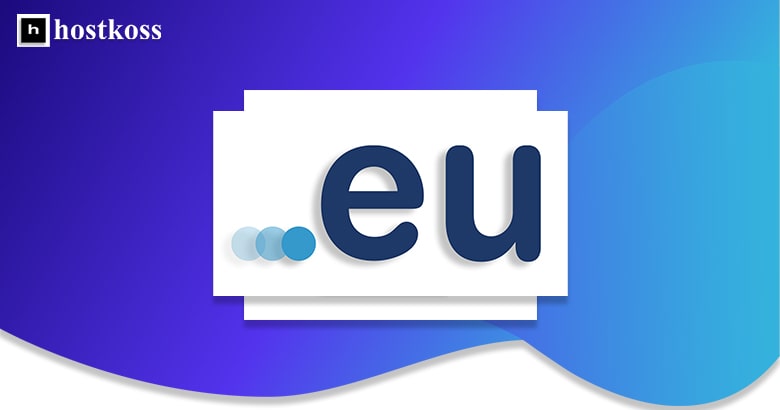
hostkoss.com
.eu Domain Registration – .eu Domains – Register .eu Europe

www.101domain.com
What Happens To .eu Domain After Brexit – Euhost Blog

euhost.co
.eu – Your Domain For Europe | Brand EU

www.brandeu.eu
eu domain europe
Who Can Register A .EU Domain Name? | NameCorp
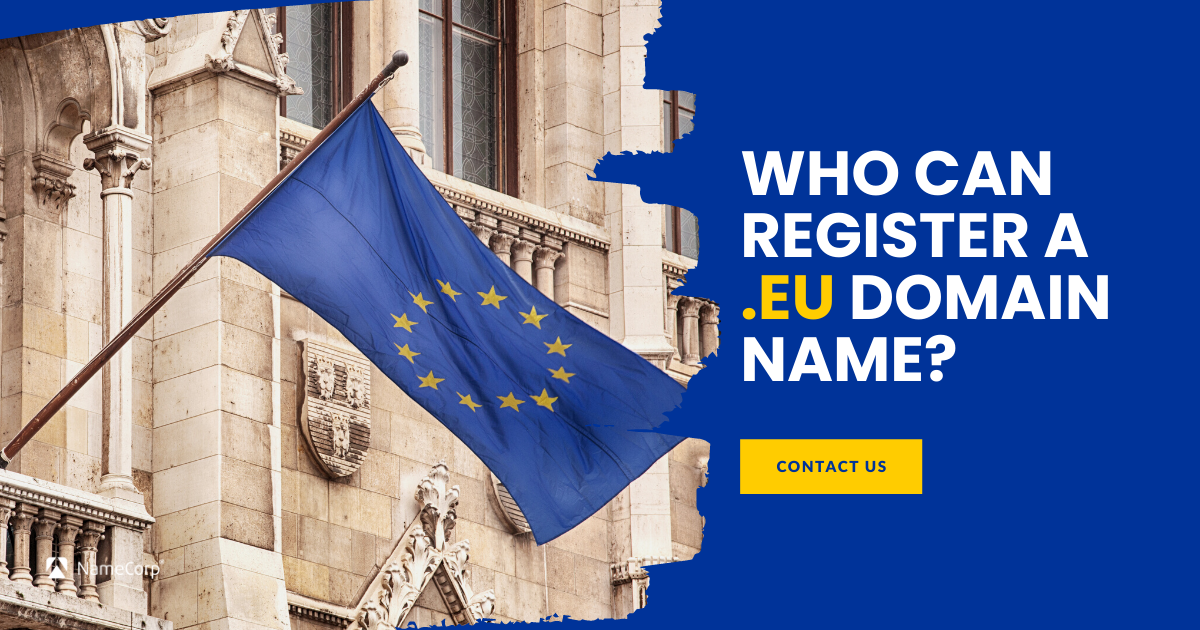
namecorp.com
eu
Eu domain europe. Who can register a .eu domain name?. .eu – your domain for europe




